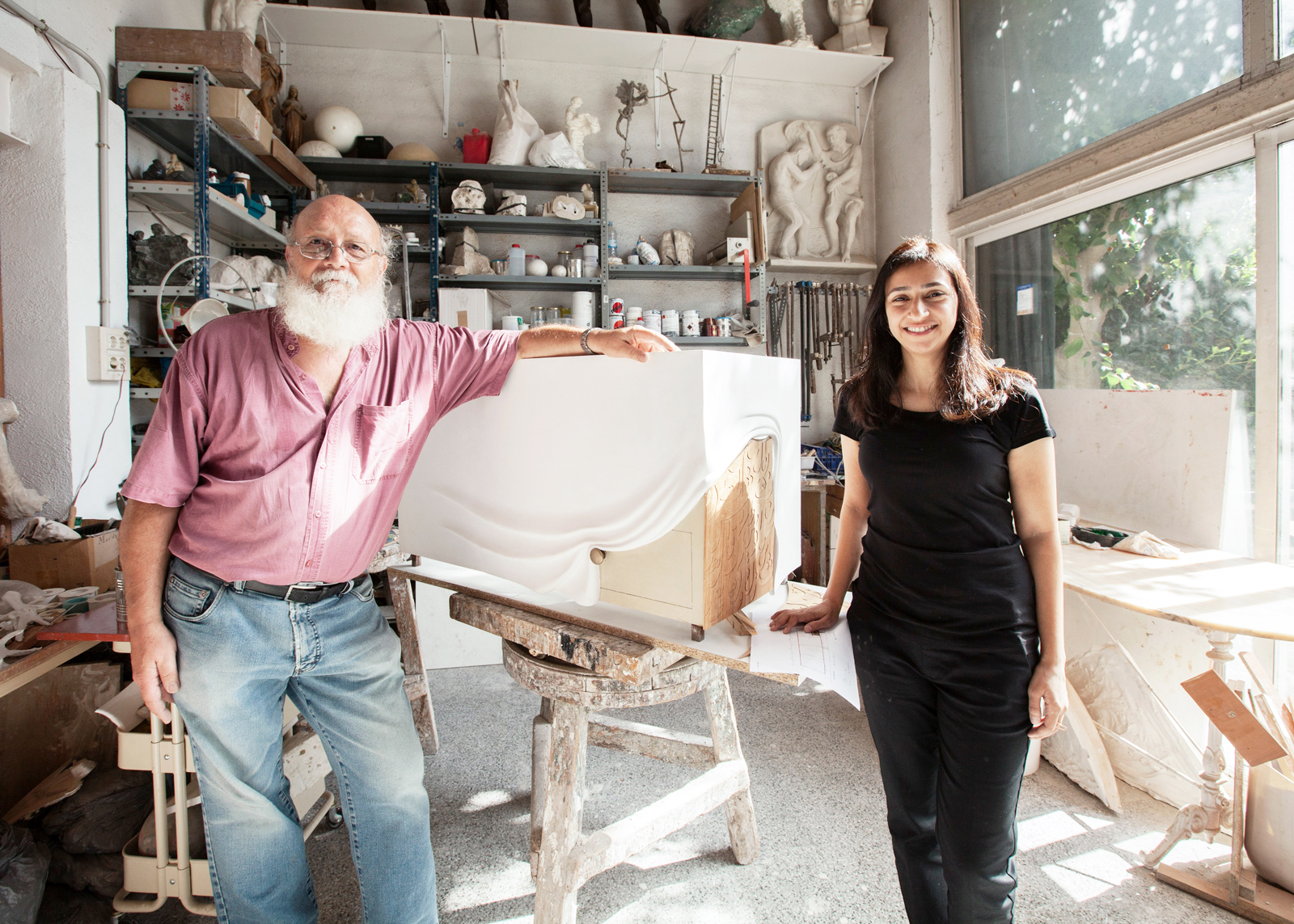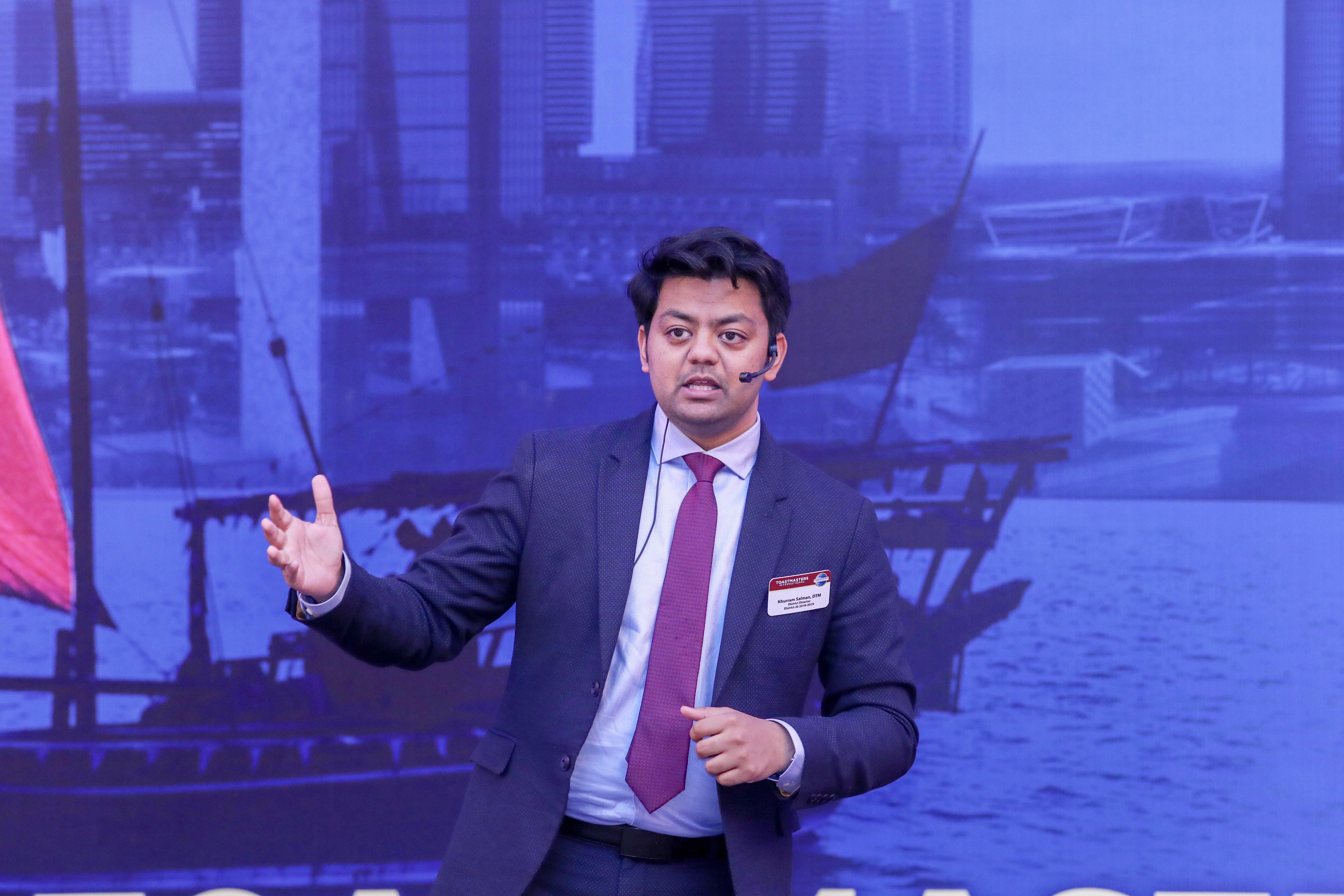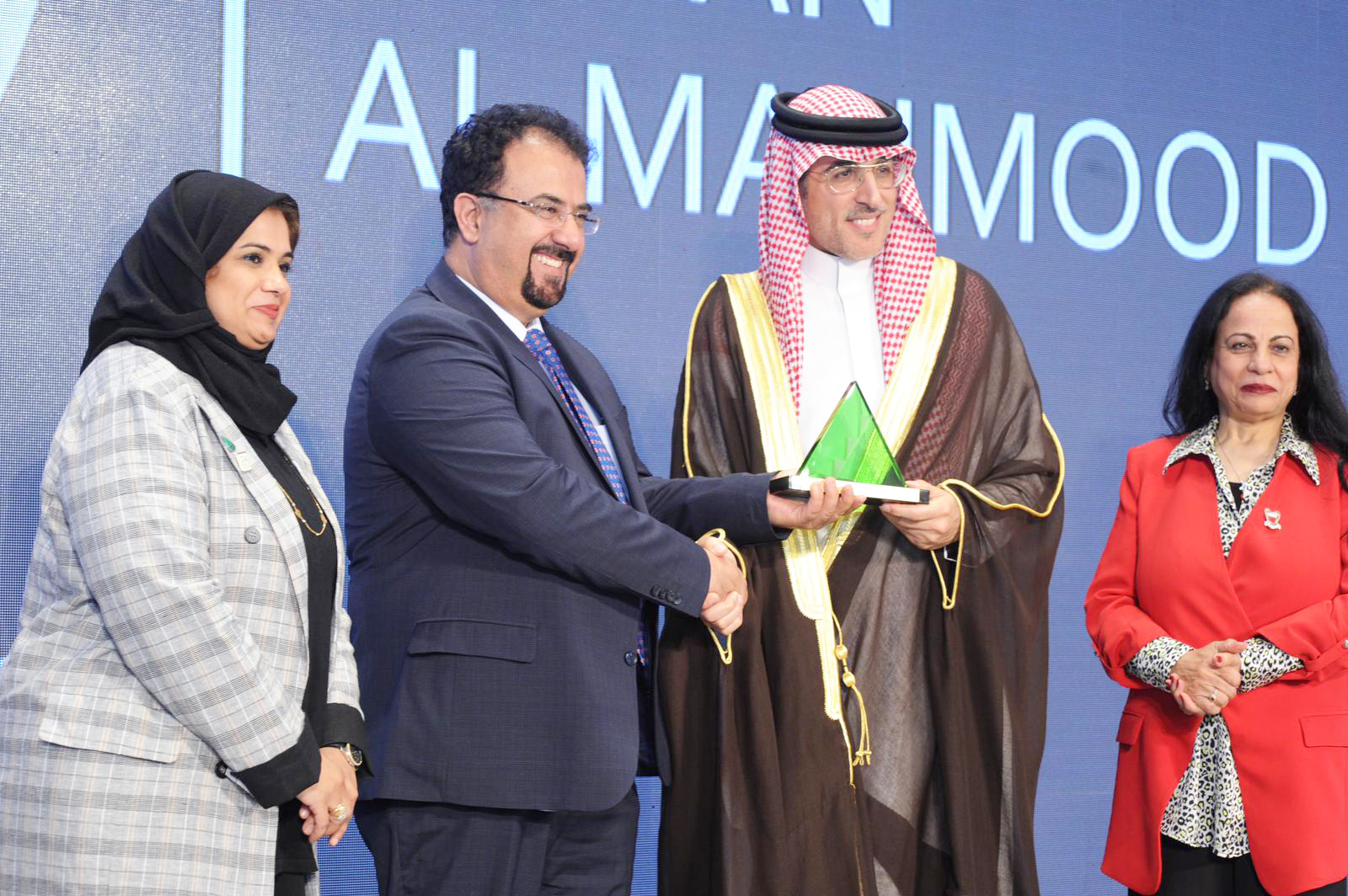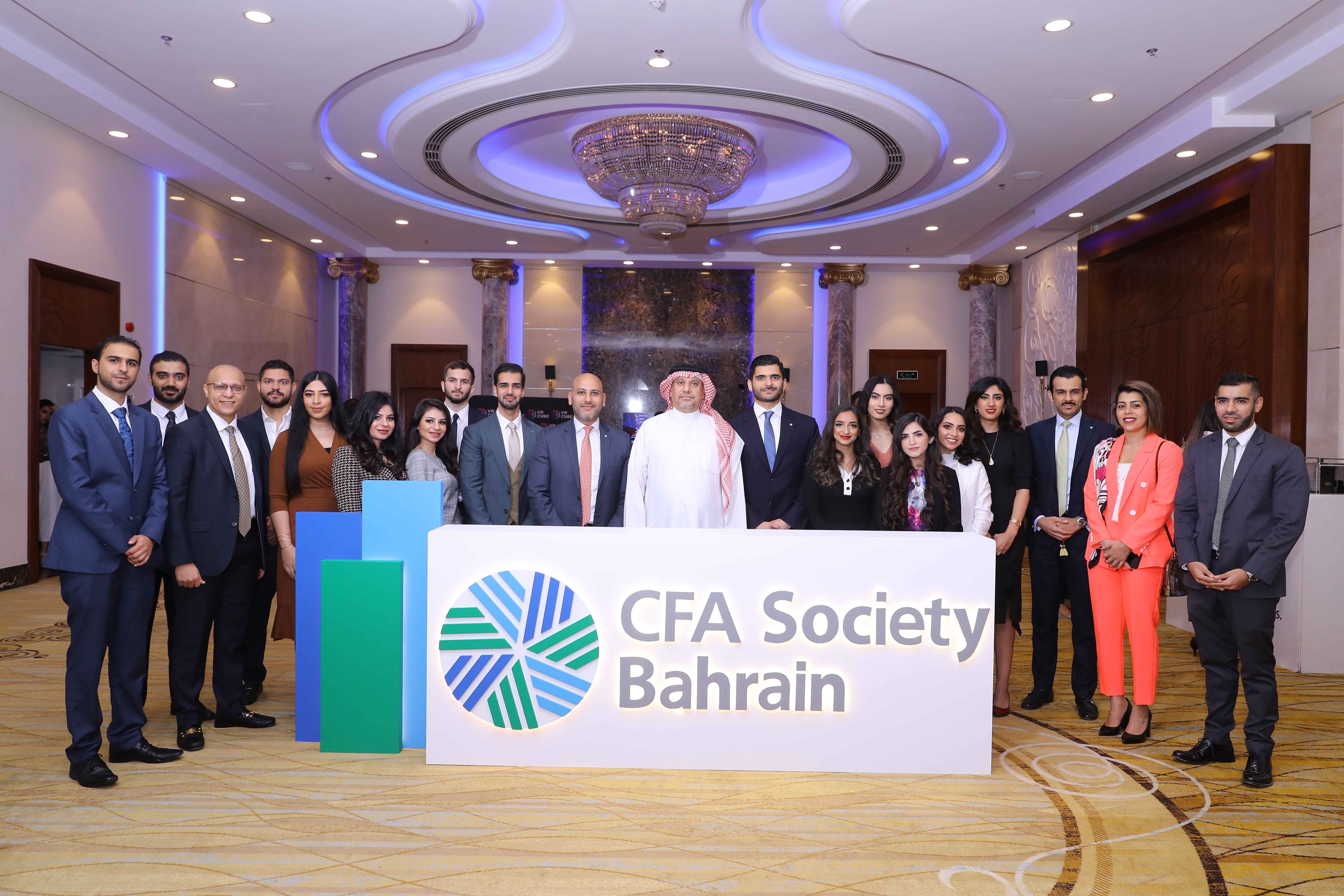Interview with Dr. Khaled Hanafy Secretary General of the Union of Arab Chambers
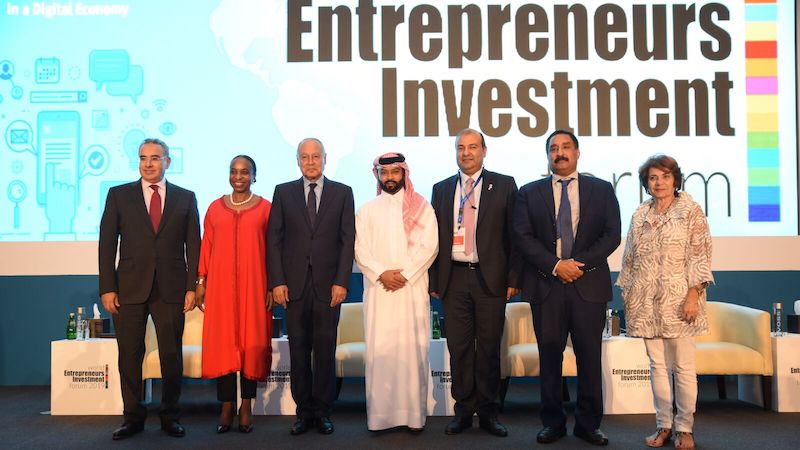
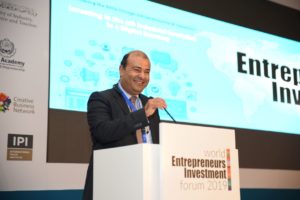 Please tell us more about your job as Secretary General of the Union of Arab Chambers and what your work entails?
Please tell us more about your job as Secretary General of the Union of Arab Chambers and what your work entails?
My duties are interrelated with the exceptional and prominent function of the Union of Arab Chambers that plays, since its creation in 1951, a leading role in gathering the capacities and potentials of the Arab private sector to serve Arab development and economic integration goals for the sake of achieving an Arab Common Market. Our strategy now focuses on expanding cooperation and interactions with Arab Chambers and Arab Foreign Chambers of Commerce and in building new alliances with all economic acting parties, with a special focus on the new opportunities provided by the fourth Industrial Revolution to serve our goals more efficiently. We are also keen to launch new projects and initiatives, among which are establishing centers for the Arab Chambers and bridging resources to create direct linkages between the Arab business society and young Arab entrepreneurs.
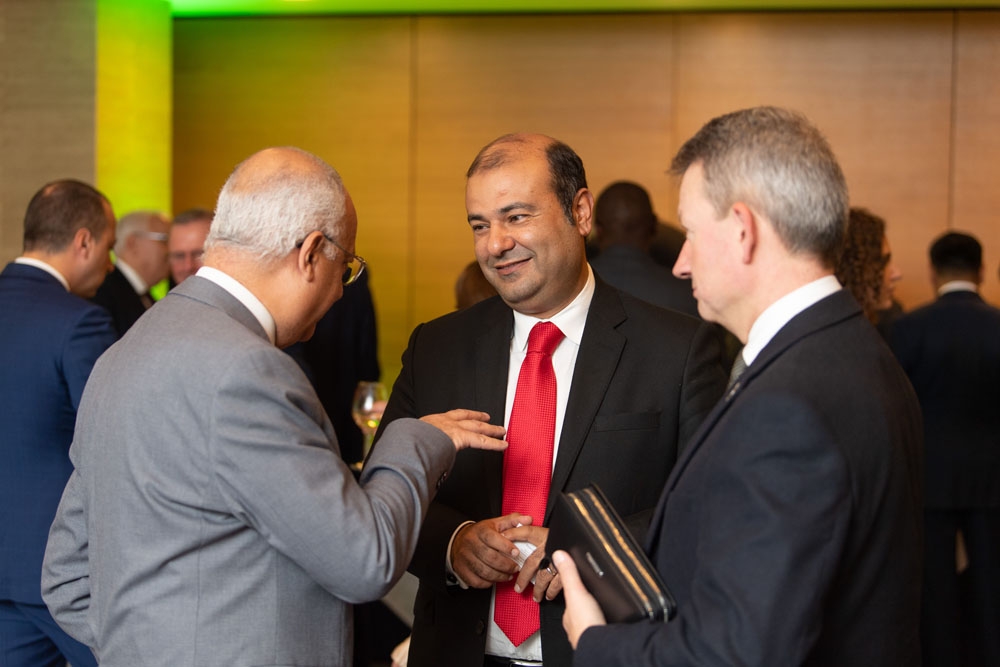 Your Excellency has gained fame in creating initiatives that developed internal trade and made it more efficient. Can you tell us some lessons learned on the above initiatives?
Your Excellency has gained fame in creating initiatives that developed internal trade and made it more efficient. Can you tell us some lessons learned on the above initiatives?
When I previously assumed the position of Minister of Supply & Internal Trade in Egypt, I launched many initiatives in the domain of internal trade, such as “Egypt’s Food Industries”, “Consumer Complexes E-Linking Project” and many others. I felt that it is my duty to create and implement a system that would curb waste and serve the wheat loaf demand more efficiently, which is the most important commodity for the entire society of Egypt. Therefore, I took the initiative to apply a card system that would serve the goal of curbing waste and loss and at the same time reward the consumer when using it.
This proved to be highly successful in satisfying the consumer as well as in highly improving food security in the Egyptian society. The lesson of this experience is that one should not resist applying non- traditional methods especially when sophisticated problems sometimes need non- conventional solutions.
We are also keen to launch new projects and initiatives, among which is establishing centers for entrepreneurship in the Arab Chambers and in bridging resources to create direct linkages between the Arab business society and young Arab entrepreneurs.
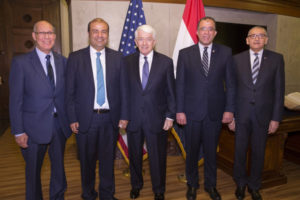 What is your vision for the MENA region in the next 5-6 years?
What is your vision for the MENA region in the next 5-6 years?
The region is passing through a critical period as the geopolitical developments and wars in some countries are taking their toll heavily on humanity and on the social and economic situations. Financial loss is estimated by international figures at more than US$ 600bn since 2011, while the number of unemployed is exceeding 22 million. I think we have come out of the tunnel and the region is able to regain prosperity and sustainable growth within the next 5 to 6 years.
Of course there are great disparities between the Arab countries, with the Arab Gulf countries leading in terms of ease of doing business and in the business environment in general. Other countries like Egypt for example is leading in terms of the rate of growth and has witnessed substantial reforms and great urban development that will bear fruit in turn and will reflect in significant leaps in the coming period. As for the countries that were hit hard by the violent unrests, it is essential for them to start reconstruction with the assistance of the Arab and international parties.
How can the Union of Arab Chambers help developing countries in creating initiatives that would support internal trade, food security and other issues that are endemic to the region?
We are putting much emphasis in our work and events on increasing the awareness of the Arab investor in the on- going technological transformation and the importance of the private sector in handling development issues through the innovative and sustainable technologies. It is particularly important to achieve progress in tackling priorities, such as food security which is non-attainable when approached in a traditional manner due to the strict limitations of the natural resources in the Arab region which lies in some of the driest areas of the world.
Now, thankfully, focusing on innovation has created a major impact on agricultural productivity. Effective productivity growth involves a steady supply of new technologies. Nevertheless, it is crucial to pave the way for trade in agricultural and other commodities in the context of the Pan Arab Free Trade Areas by facilitating regional export/import exchanges, harmonizing standards and regulations and eliminating non-tariff barriers on trade flow.
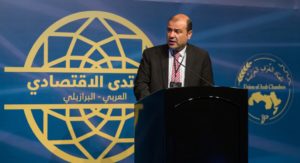 Please give us your views on the recently concluded ABIC, WEIF & Bahrain Smart Expo which was held in Manama?
Please give us your views on the recently concluded ABIC, WEIF & Bahrain Smart Expo which was held in Manama?
The ABIC, WEIF & Bahrain Smart Expo events were major successes with more than 1500 participants and we are proud of what we have achieved in cooperation with the Bahrain Chamber of Commerce and the Arab Regional Center for Entrepreneurship, Investment and Training (ARCEIT). The events marked a quantitative leap in our joint work and achieved tangible results and achievements. We organized these occasions in a new, overlapping and simultaneous way to establish intense and fruitful interactions between the audiences of the Arab Businessmen & Investors Conference (ABIC) that gathers prominent investors from all Arab countries and the young innovators of the World Entrepreneurship & Innovation Forum (WEIF) who displayed their innovations and creations at the Expo.
In preparation for this, we jointly organized a Rally in cooperation with the Arab Academy for Science, Technology & Maritime Transport (AASTMT) whereby 750 young innovative teams participated and we ended up with 18 teams from most of the Arab countries to compete for the grand prizes. They met and interacted with the delegations from the Arab business world and investors’ delegations to discuss opportunities for match making and forms of contribution and cooperation in order to transform their innovations into real projects. A special ceremony was assembled to announce the 3 final winners who received generous support for their projects. We are greatly satisfied to find that our continuous efforts reaped the requested benefit and we look at the results as a milestone that will surely set the pattern for our future work.



